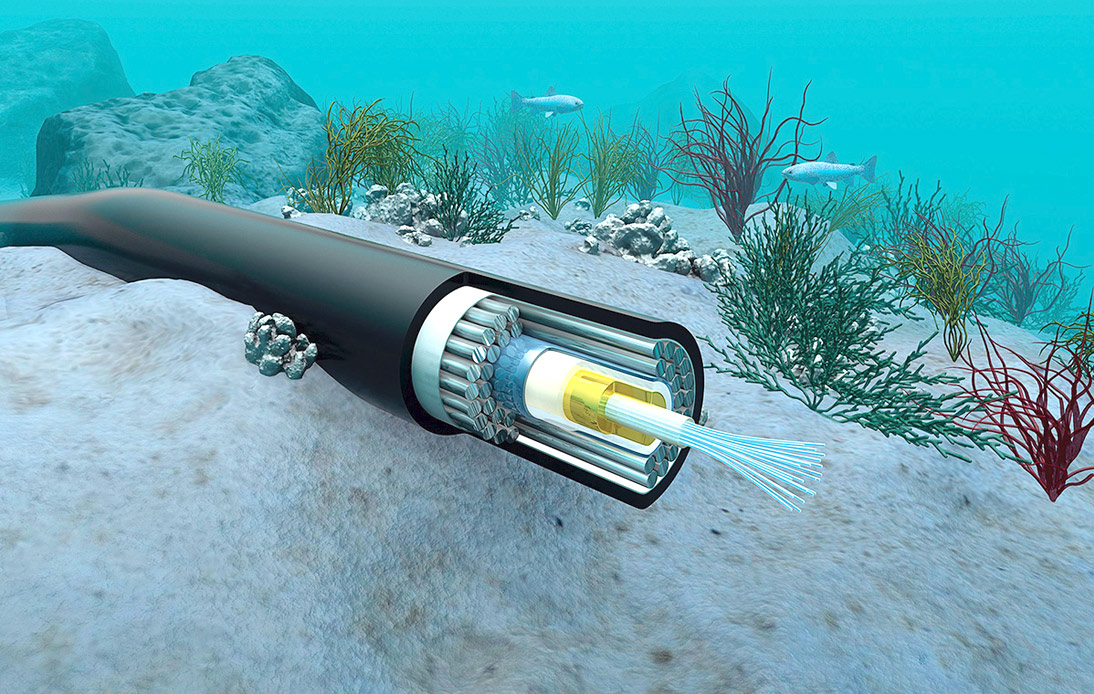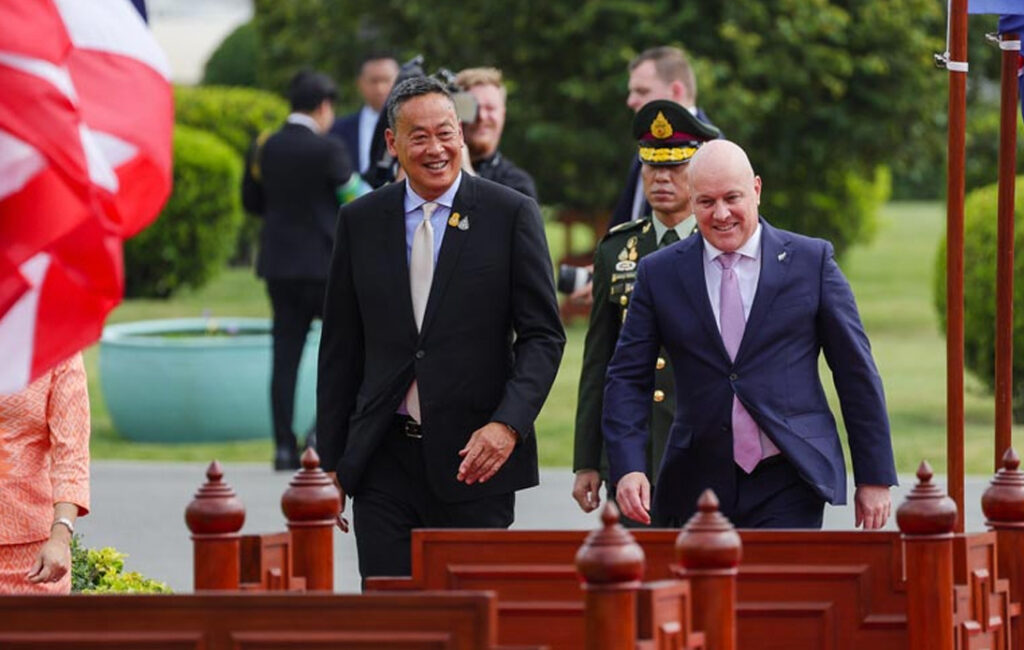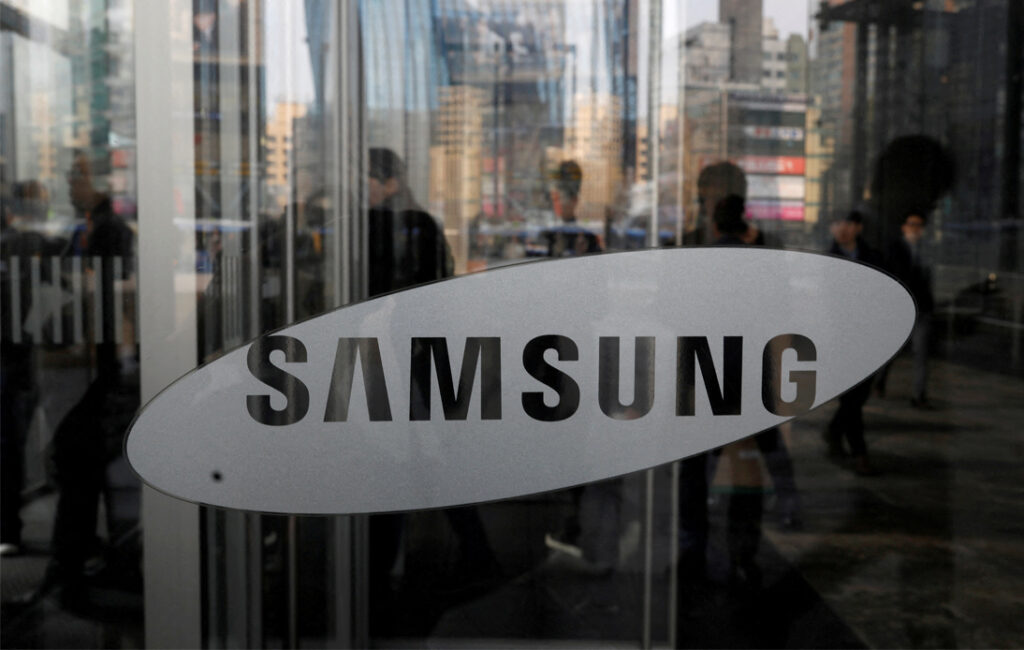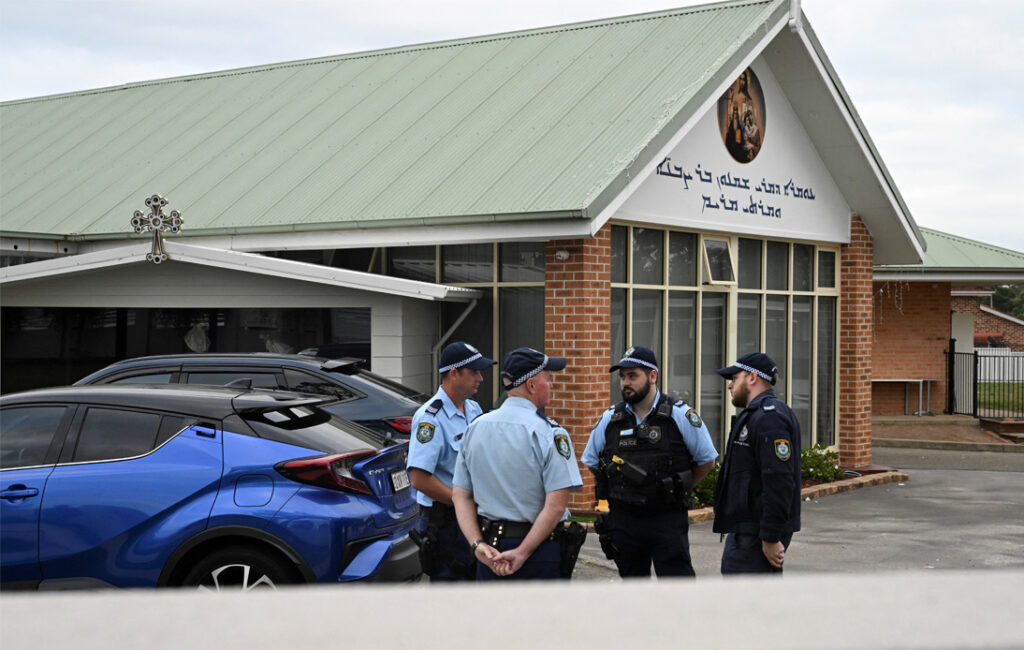
Facebook and Google plan to develop two new undersea cables to boost the Internet in Southeast Asia by connecting the region to North America.
The tech giants and regional telecoms companies teamed up to develop a project that is expected to provide faster Internet speed to Singapore and Indonesia. The move comes after government concerns about espionage led Facebook to withdraw three projects to connect the United States with Hong Kong using similar cables.
The new submarine Internet cables need regulatory approval from the authorities of the countries involved.
Kevin Salvadori, Facebook vice president of network investments, told Reuters news agency: “Named Echo and Bifrost, those will be the first two cables to go through a new diverse route crossing the Java Sea, and they will increase overall subsea capacity in the trans-Pacific by about 70%.”
The cables would be the first to directly link the main parts of Indonesia with North America, the company said.
Echo, which is being developed in partnership with Google and Indonesian telecom company XL Axiata, is expected to be completed in 2023. Bifrost is scheduled to be completely developed a year later.
The companies plan to make the Internet more accessible to citizens.
Reports showed that more than 73% of the Indonesian population uses the Internet, but the majority access it through mobile data. According to a 2020 survey by the Indonesian Internet Providers Association, less than 10% use fixed-line broadband.
Last year, Facebook said it would build 3,000 km of fiber across 20 Indonesian cities.
Previously, the firm mentioned an agreement to develop public Wi-Fi access points. On Monday, Salvatori said the tech giant would continue its efforts on the Pacific Light Cable Network (PLCN), adding: “We are working with partners and regulators to meet all of the concerns that people have, and we look forward to that cable being. a valuable, productive trans-Pacific cable.”
Previous projects.
The PLCN, funded by Facebook and Alphabet, Google’s parent company, originally planned to link the United States, Taiwan, the Philippines, and Hong Kong.
Last year, plans were withdrawn following national security concerns raised by the Trump administration. However, Facebook stated that it was still working on them.
The company also dropped out a project, proposed with Amazon, to connect San Francisco with Hong Kong via undersea cables.
This month, Facebook had to abandon the Hong Kong-Americas project due to “ongoing concerns from the US government about direct communication links between the United States and Hong Kong.”
But the firm said it would reconfigure the scheme to meet the US government’s concerns.




















